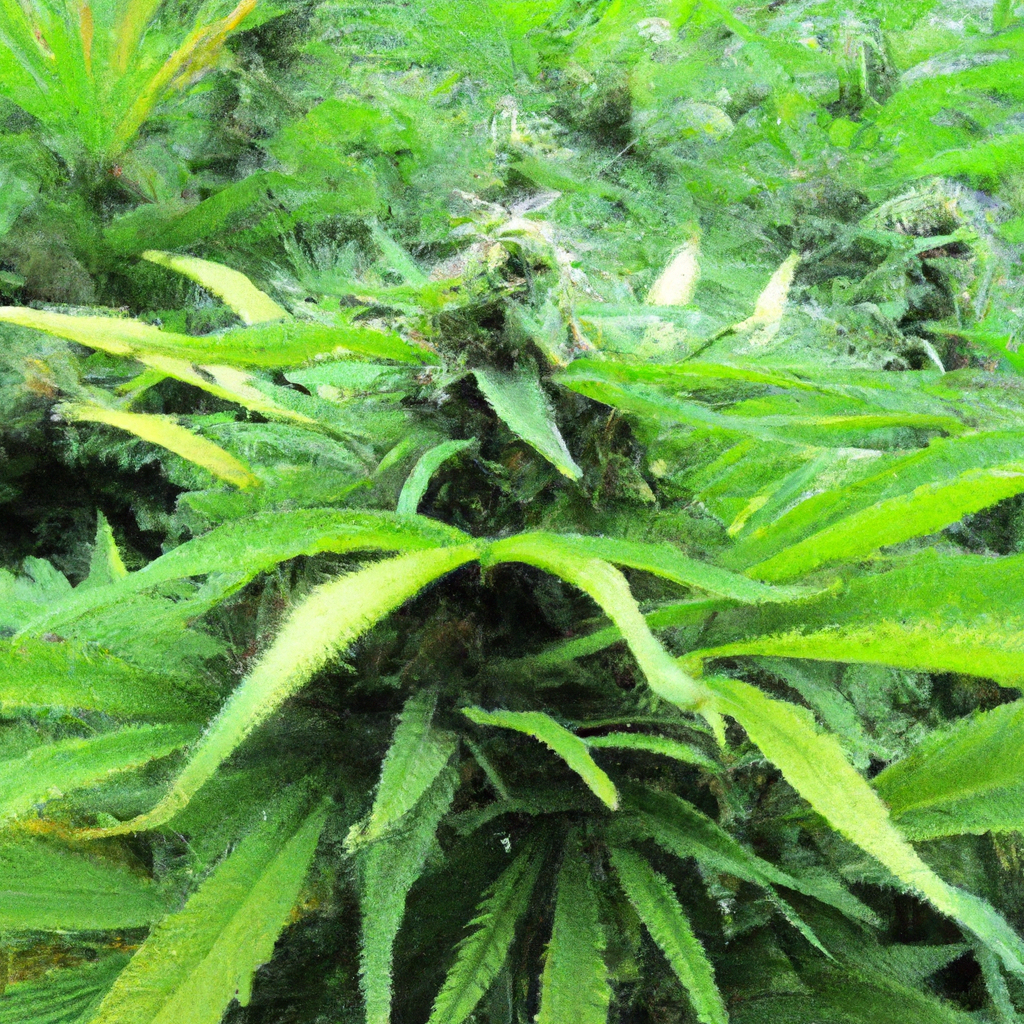Your cart is currently empty!
As the demand for organic cannabis continues to grow, understanding best practices for cultivating this plant naturally and sustainably has never been more essential. Whether you’re a seasoned grower or just starting, these organic practices can enhance your operation and yield high-quality results.
Building a Thriving Soil Ecosystem
Strong, healthy soil is the cornerstone of organic cannabis cultivation. Without the use of synthetic chemicals, the focus is on creating a balanced soil environment rich in nutrients and beneficial microbes. Begin by incorporating organic compost, which enhances soil structure and improves water retention.
- Compost: Utilize kitchen scraps, grass clippings, and dry leaves to create a nutrient-rich compost pile.
- Compost Tea: Brew compost tea to deliver nutrients directly to the plants while boosting microbial life.
- Beneficial Microbes: Introduce mycorrhizal fungi to foster nutrient exchange within plant roots.
Natural Fertilizers and Amendments
To support the robust growth of cannabis plants, incorporating natural fertilizers and soil amendments is vital. Organic solutions not only feed the plants but also improve the health of the soil over time.
- Bone Meal: Excellent for phosphorus, which supports flower growth.
- Fish Emulsion: Provides a rich source of nitrogen essential for vegetative growth.
- Kelp Meal: Supplies micronutrients and hormones that encourage plant resilience.
Organic Pest Control Methods
One of the challenges in organic growing is controlling pests without synthetic pesticides. Fortunately, several natural pest control methods can safeguard your crops while maintaining their organic integrity.
- Neem Oil: Acts as an effective pesticide and fungicide when applied regularly.
- Companion Planting: Utilize aromatic plants like marigold and basil to deter pests naturally.
- Diatomaceous Earth: Sprinkle around plants as a physical barrier against crawling insects.
Promoting Sustainability
Organic cannabis cultivation supports environmental sustainability by diminishing reliance on toxic chemicals and promoting biodiversity. Alternating crops (crop rotation) and reducing water waste through efficient watering techniques like drip irrigation both enhance sustainability.
The benefits of organic cannabis cultivation are multifold. Not only does it produce high-quality, chemical-free cannabis for consumers, but it also sustains and improves the environment. Embracing these organic practices ensures the creation of a thriving ecosystem that fosters growth, quality, and purity.
Conclusion
Implementing these organic growing practices will pave the way for sustainable and environmentally friendly cannabis cultivation. It’s a continuous commitment to fostering a relationship with nature, leading to clean and robust yields.
Tags: OrganicGrowing, Natural Fertilizers, PestManagement, SustainablePractices, EcosystemBuilding
Discover more from Magic Clones
Subscribe to get the latest posts sent to your email.


Leave a Reply